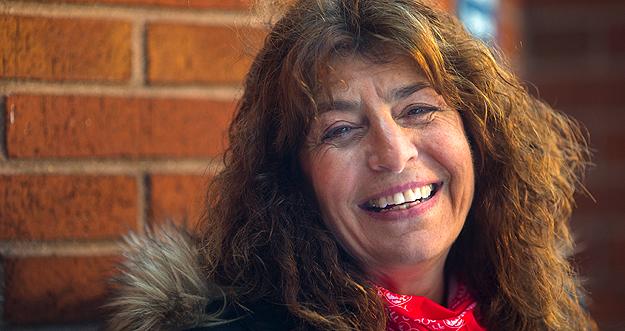Unlearning violence

We live in a world besieged by violence. While humans are genetically predisposed to engage in aggressive behaviors to survive, other forms of aggression are not “natural” human qualities. Psychologists maintain that violence is an acquired, learned behavior—a cultural phenomenon. Multiple studies have shown that even individuals seen as “harmless” can be easily programmed to inflict violence upon others without motive or reason.
Thus, what is learned can be unlearned. Therein lies the hope of a kinder, gentler world.
The World Health Organization defines violence as “the intentional use of physical force or power, threatened or actual, against oneself, another person, or against a group or community, that either results in or has a high likelihood of resulting in injury, death, psychological harm, maldevelopment or deprivation.”
The Violence Prevention Alliance examines various manifestations of violence—self-directed, interpersonal and collective—under one umbrella. Violence is not only physical force, it involves power; it’s not just limited to action, it includes intention; its endgame is not simply injury or death, it’s also deprivation.
What are some other overlapping forms of violence we witness today? Economic; political/institutional; racial; sexual/gender; cultural; religious; slanderous/cyber-bullying; informational; and environmental.
Violence can be mitigated and even eradicated by kindness; honesty; mutual understanding; peaceful coexistence; reducing economic, social, racial and gender disparities; empowerment; inclusion and ending exploitation. Universal peace…
Power
Some insidious forms of violence can be fueled by a relentless pursuit of power. The rationale that “the ends justify the means,” allows individuals to engage in vicious actions to prevent others—obstacles—from gaining a following and challenging the status quo. Such behavior is not uncommon in organizations and the terms “Machiavellian” and “realpolitik” come to mind.
Many union activists are subjected to such actions on the part of employers who feel threatened by the union and those identified as leaders. Having a docile, subjugated workforce is key in maintaining control.
More ominous is members being manipulated by bosses—and others—whose agendas are dependent upon creating confusion and division among workers. A divided union can’t hope to win against wealthy employers or any entity that controls information and resources.
Intention
It’s easy to get lost or forget about guiding principles. We have to guard against committing the same mistakes as our predecessors. Dealing with bosses over the years, one learns that those in power justify their behaviors by insisting that they have good intentions.
In fact, engaging in actions or even planting seeds that result in division and defamation of workers reflects a level of immorality or mal-intent. Rationalizing rancor and negativity as serving some higher aim is delusional at best, and extremely destructive at worst.
Verbal violence is violence just the same, and can cause untold damage to individuals and organizations. We see this in families, relationships, workplaces and in every form of political discourse. While constructive criticism is essential to the growth of democratic organizations, personal attacks and vitriol generate cancers that suffocate us all.
Deprivation
Economic and institutional violence can be the most damaging forms of trauma in the world today. Social disparities in healthcare, housing, education, environment, employment and other “social goods” decimate families, communities and nations. These savage inequities force migration and result in devastation and catastrophe.
There is a narrative that there aren’t enough resources to go around. While population growth is a factor in scarcity challenges, the organization of our societies and the mal-distribution of wealth and access to treasured resources are far more a determinant in creating human happiness…and human suffering.
Accepting false narratives and being a complacent population are essential elements in our own disempowerment. Thus, thinking critically and questioning are critical to the social transformation that can upset a status quo where 99% of us have little or no power.
Solidarity
Solidarity isn’t a term of convenience or a wordplay. It’s the intentional display of support and action that recognizes that those who face exploitation require more than pity. It’s the willingness to sacrifice something in the name of justice for others.
It’s the link to our collective humanity that states not only is an injury to one an injury to all, but that any successful struggle against oppression and the ability to implement a positive vision benefits the rest of us. Violence will remain the healthcare crisis that it is until we develop the political maturity to engage in universal, collective solidarity.